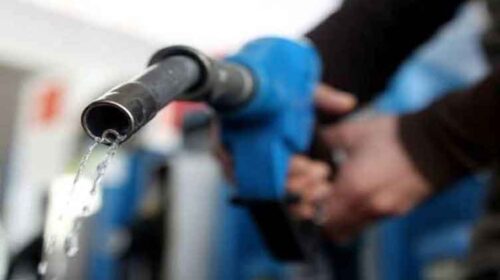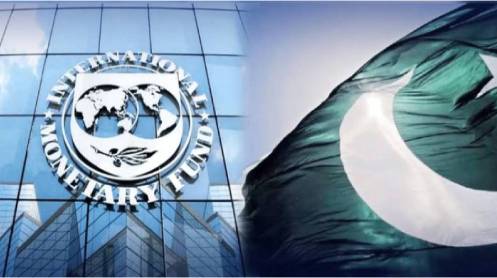This increase in petrol price was based on the calculations of international price of petrol ie free on board (FOB) basis. Price of petrol might jump if the exchange rate was adjusted in the next review, sources in the oil sector added.
Government had made a massive increase of Rs35/litre in the last fortnightly review of petroleum prices. For now, the government is charging Rs50/litre petroleum levy (PL) whereas general sales tax (GST) has not been imposed yet.
According to sources, exchange rate was on the higher side, which would deprive the local consumers of any benefit or reduction in the prices of petroleum products. International price of petrol has shown some decrease, but the steep depreciation of rupee against dollar has eroded the gains to detriment of domestic consumers.
Sources said that petrol price might go up even further if the government adjusted Rs20/litre on account of exchange rate as well, which would cumulatively take the price by up to Rs40/litre. On the other hand, diesel price was not reflecting any increase on FOB sans exchange rate adjustment. Sources said that if the exchange rate was adjusted, diesel price could go up in the next review.
The government had adjusted Rs14/litre on diesel on account of exchange rate; however, the steep appreciation of dollar has eaten up the exchange rate adjustment of the last review.
They noted that diesel price went down by five to six dollar per barrel in the global market; but rupee depreciation would not allow the government to pass on this reduction in global prices onto the local consumers. The last increase in prices of petroleum products was made in the review on January 29, 2021 by the federal government. After the review, petrol price was tagged at Rs249.80/litre; high speed diesel Rs262.80/litre; kerosene oil Rs189.83/litre; and light speed diesel Rs187/litre.
On January 29, 2023, the government increased the prices of petrol and high speed diesel by Rs35/liter each and the rates of kerosene oil and light diesel oil were increased by Rs18/litr each.
Pakistan is currently facing a short supply of petrol, with its most populous province, Punjab bearing the brunt of the crisis. Major and smaller cities, towns and villages in Punjab do not have the fuel, which was also being blamed on petroleum dealers.
Last week, sources said that other than the low import of petrol by majority of OMCs, petroleum dealers were having a field day and were involved in the hoarding of petrol in view of the expected increase in prices by mid-February.





